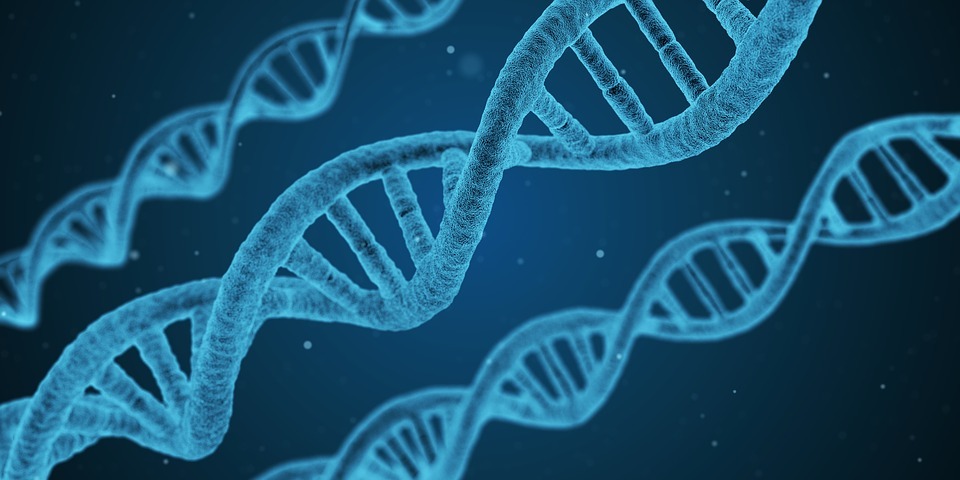With so much information out there, it is hard to determine whether or not you should take a DNA test. There are so many things to consider. Are they going to sell your data? Will the information you get back be worth the cost? Can DNA results help you live a better life?
Unfortunately, the answer to these questions largely comes down to your personal preferences, your willingness to give up your data, and how much you trust the results. However, this article breaks down some great reasons to take a test and some reasons to avoid DNA testing altogether.
What is a DNA test? What is required?
Modern DNA testing techniques allow companies to process and sequence a DNA strand in a matter of hours. Most DNA testing companies test single-nucleotide polymorphisms, or SNPs (“snips”), within the DNA. Certain SNPs are correlated to certain conditions, such as Alzheimer’s or breast cancer. While these SNPs are not predictive of diseases, certain SNPs are present at higher rates in people with specific diseases. Using these correlations, a health report is generated. Other companies use your SNP data to track your ancestry. Since your genes come from your ancestors, scientists can predict which regions your family came from based on which SNPs you have.
All you will need for a DNA test is a few moments to spit in a tube or swab your cheek with a cotton swab. DNA kits come with these tools, and you can mail the sample back to the laboratory to be analyzed. Most companies give you a prepaid envelope to send the sample back in.
Why Should I take a DNA test?
Ancestry and genealogy information is one of the best reasons to take a DNA test. Ancestry information varies per company based on the reference populations each company is matching against. Though results may differ based on the company you selected, most genetic ancestry testing companies will produce very similar results. Ancestry DNA tests can be a fun and informative way to explore your family history.
However, many customers are turning towards companies that also offer health reports. Most people, for good reason, are concerned about their health and want to do everything possible to avoid disease. So, they turn to genetic testing to see their genetic health risks. But, user beware! Genetic health reports are typically based on genome-wide association studies (GWAS), which simply correlate certain genes to various diseases. In no case does a genetic report detail how a gene may influence your health. GWAS have identified many genes associated with diseases, but the science is still very limited. Carrier status reports on single-gene diseases are the only ones to have a true cause-and-effect relationship. Others are simply a prediction, at best.
Why Should I Avoid DNA Testing?
Many people turn to DNA testing to make drastic life choices. For example, many women have undergone preventative mastectomies based solely on their DNA test results. This is a mistake. Until the causation of these genes is fully understood, the prediction given to you in a DNA test health report doesn’t take a million factors into account. While you may carry a SNP associated with breast cancer, your lifestyle, environment, and diet can easily change your risk far more than your genes. So, DNA testing should not be used to make health decisions.
Further, most DNA companies also make money by selling your DNA data. While the data is scrubbed to remove personal information, they are still selling your DNA sequence to pharmaceutical companies, insurance companies, and databases used by law enforcement. While this may not seem important now, pharmaceutical companies and insurance companies may exploit this information in the future to drive your price up. Further, you or a relative could be implicated for a crime if law enforcement finds a match to your DNA in the database. This makes DNA testing not worth it to most people. However, there are a few companies which will not sell your data.
Recommendation
Decide where your priorities lie. If you are not worried about your DNA data being sold and are just curious about your genetic health or ancestry: go for it! DNA tests can be fun, informative, and many platforms update over time to give you cutting-edge information.
However, if you fear being wrongly identified, having your DNA sold off to third-party companies, or plan to make health decisions based on your genetics: slow down. DNA testing may not be for you. If it is health information you are seeking, talk to your doctor first. They may be able to offer you a more thorough DNA test. They will also go over the results of this test with you, and discuss any real concerns. This is a much better option than consumer DNA tests.
